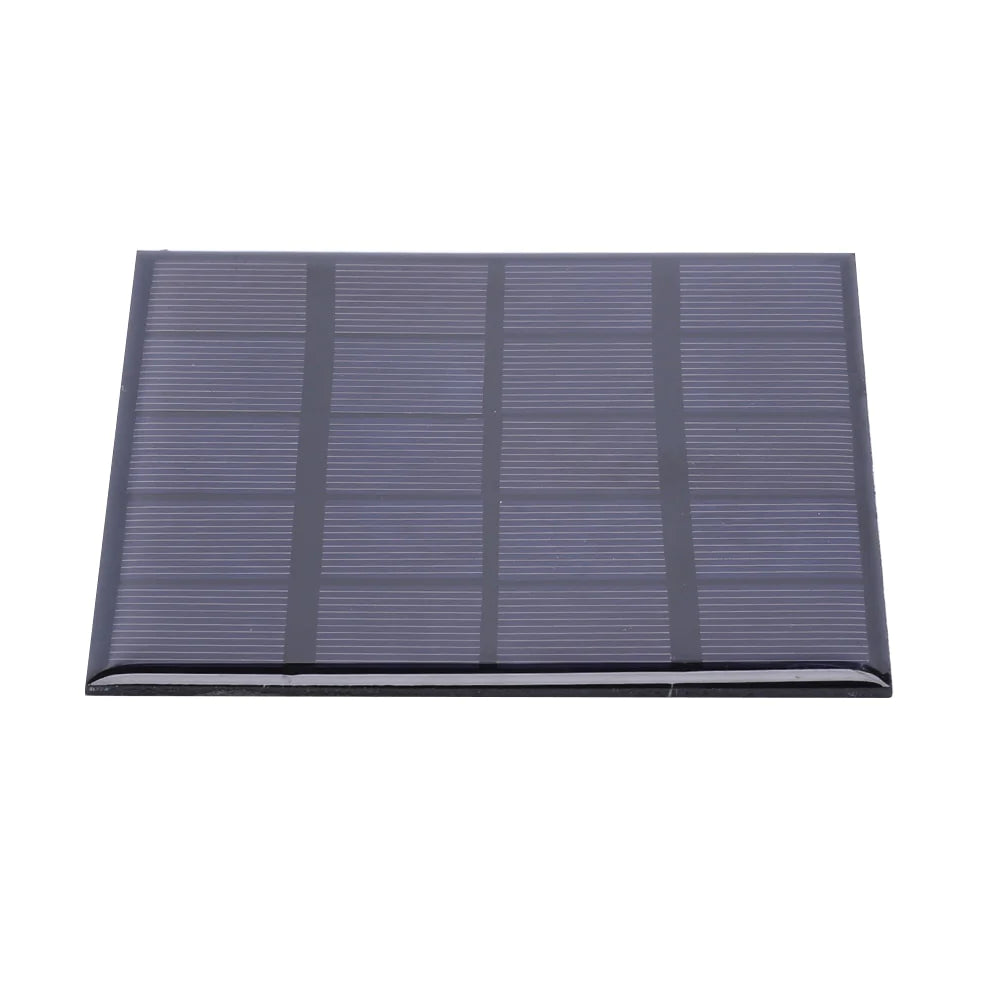
Solar Energy: Examining the Advantages and Disadvantages
Condividere
Introduction:
The increasing prevalence of solar technology has prompted both large organizations and individual consumers to consider integrating solar power into various settings. While the appeal of renewable and eco-friendly energy is evident, the decision to transition to a solar system involves careful consideration of its pros and cons. Even with streamlined installation processes offered by top solar companies, the decision-making process remains intricate due to numerous factors and variables.

What Is Solar Energy?
Solar energy is a form of electrical or thermal energy derived from sunlight. Solar panels, equipped with photovoltaic (PV) cells made of semiconductor materials, absorb photons from the sun, releasing electrons that create an electric current. The placement of solar panels in locations with abundant sunlight exposure, such as rooftops or open fields, determines their electricity production potential.
Pros and Cons of Solar Energy:
Advantages of Solar Energy:
-
Renewable Energy Source:
- Solar power minimizes reliance on declining fossil fuel resources, reducing environmental impact.
-
Reduces Electric Bill:
- Consumers can save significantly on monthly power bills by adopting solar energy, especially with rising electricity prices.
-
Energy Independence:
- Solar-powered homes can operate off-grid, supported by battery systems for power during non-daylight hours.
-
Solar Panels Increase Home Values:
- Solar installations contribute to home value, with potential savings reflected in property resale prices.
-
Long-Term Savings:
- Despite initial high costs, consumers often break even on their solar investment within six to 10 years, enjoying long-term financial benefits.
-
Low-Maintenance Costs:
- Once installed, solar systems require minimal maintenance, with warranties covering performance guarantees.
-
Benefits the Community:
- Net metering allows consumers to sell excess electricity back to utility companies, reducing community reliance on fossil fuels.
-
Diverse Uses:
- Solar energy is versatile, serving remote areas, off-grid regions, satellites, boats, and more.
-
Rising Power Prices:
- Solar energy helps consumers counter rising electricity prices through cost savings and potential energy sales.
-
Technology Is Improving and Prices Are Decreasing:
- Ongoing technological advancements make solar energy more accessible, complemented by state incentives and federal tax credits.
Disadvantages of Solar Energy:
-
High Cost of Solar Panels:
- Despite decreasing costs, solar installations still require a substantial upfront investment.
-
Sunlight Dependent:
- Solar systems are limited by sunlight availability, presenting challenges in areas with poor exposure or inclement weather.
-
Installation Can Be Difficult:
- Solar panel installation may be complex, particularly for those uncomfortable with roof work or electrical tasks.
-
Space Constraints:
- Solar panels and wiring require space, posing challenges in less spacious residential areas.
-
Solar Energy Storage Is Expensive:
- The cost of solar batteries, crucial for storing excess energy, can be high, impacting overall system affordability.
-
Environmental Impact of Manufacturing:
- The production of solar technology involves mining and manufacturing processes with environmental consequences.
-
Difficulty With Relocation:
- Uninstalling and relocating solar systems is challenging and expensive, limiting their transferability.
-
Scarcity of Materials:
- The availability of raw materials for solar technology production may not meet future demand, with potential environmental impacts.
-
Disposal or Recycling Options:
- Limited recycling options for solar panels raise concerns about proper disposal of environmentally harmful materials.
How Sustainable Is Solar Energy?
Solar energy is more sustainable than fossil fuels, but challenges arise from raw material scarcity, manufacturing emissions, and limited recycling infrastructure.
Who Should Use Solar Energy?
Accessible to both large-scale industries and individual consumers, solar energy is beneficial for those with the means to invest in installations, with solar loans offering solutions for those without substantial capital.
Is Solar Energy Worth the Cost?
Solar energy is generally worth the cost, contingent on variables such as location, incentives, and financial means, as the long-term benefits outweigh the cons.
Future Outlook for Solar Energy:
Solar energy is experiencing exponential growth, driven by reduced panel costs, increased efficiency, and growing popularity. The combination of cost-effectiveness and efficiency is expected to sustain solar energy's prominence in the energy landscape for the foreseeable future.